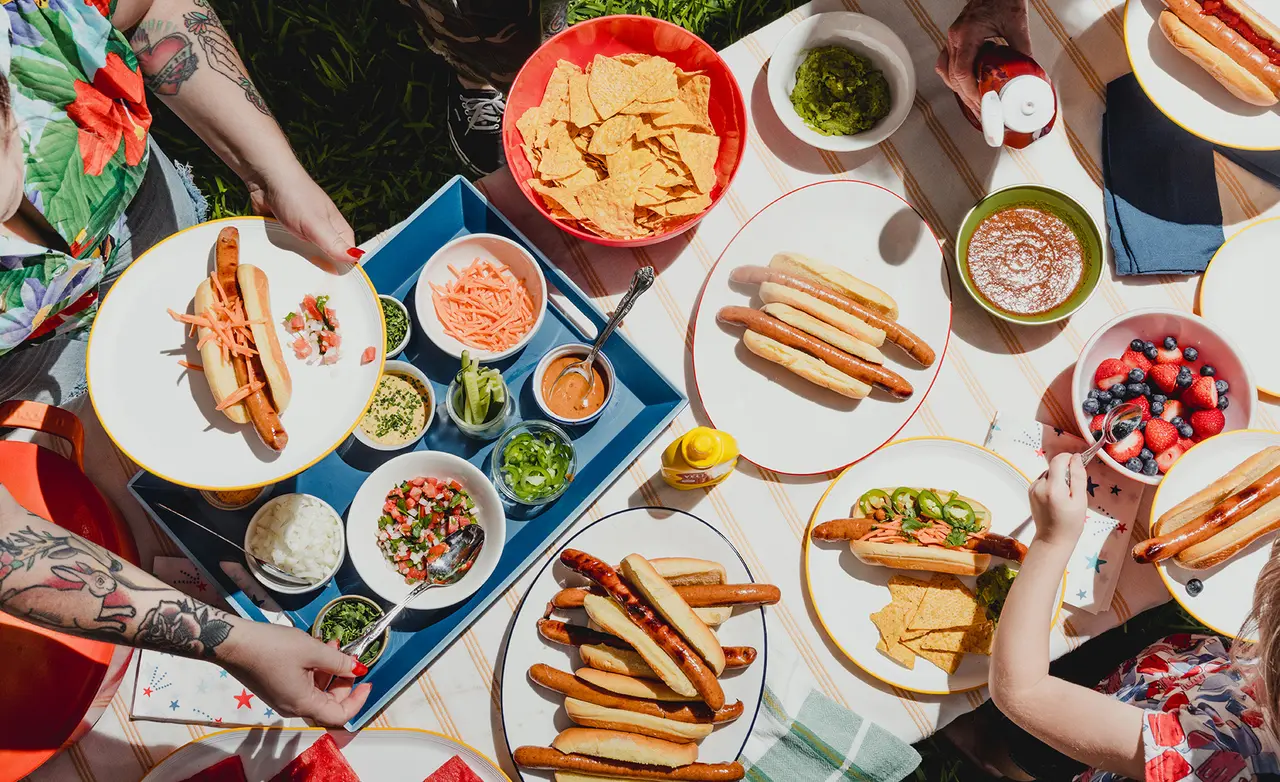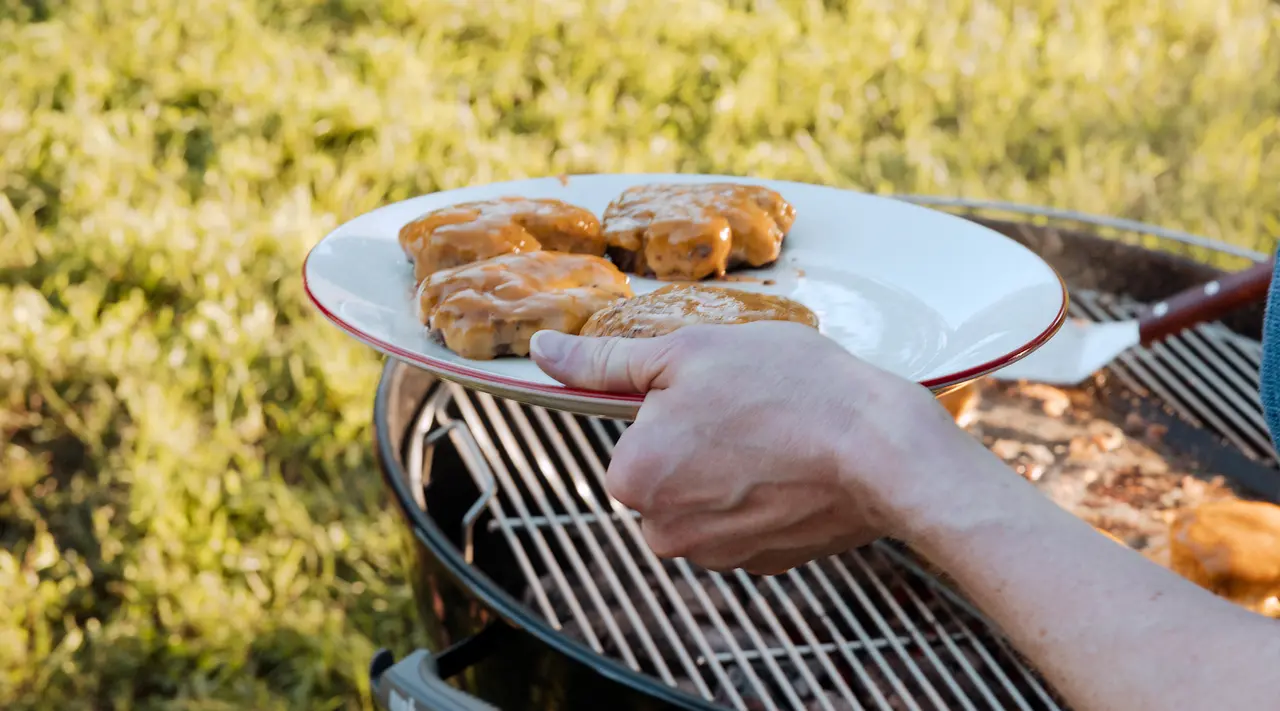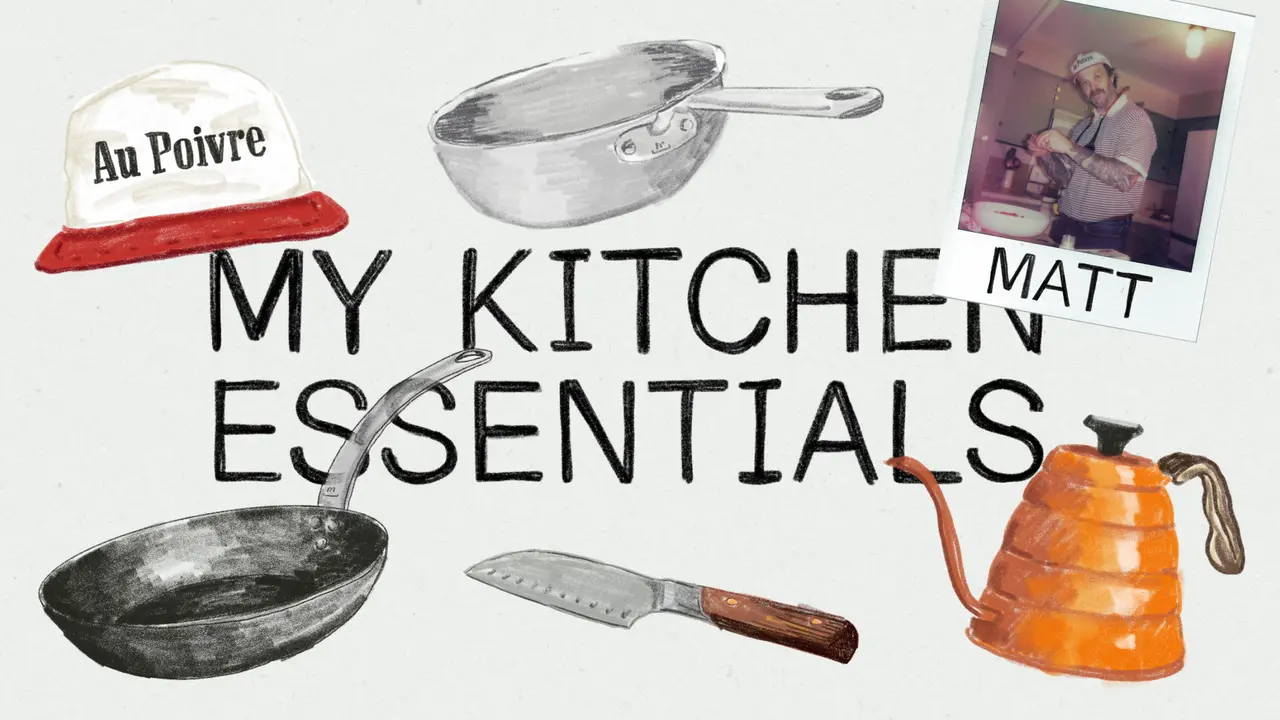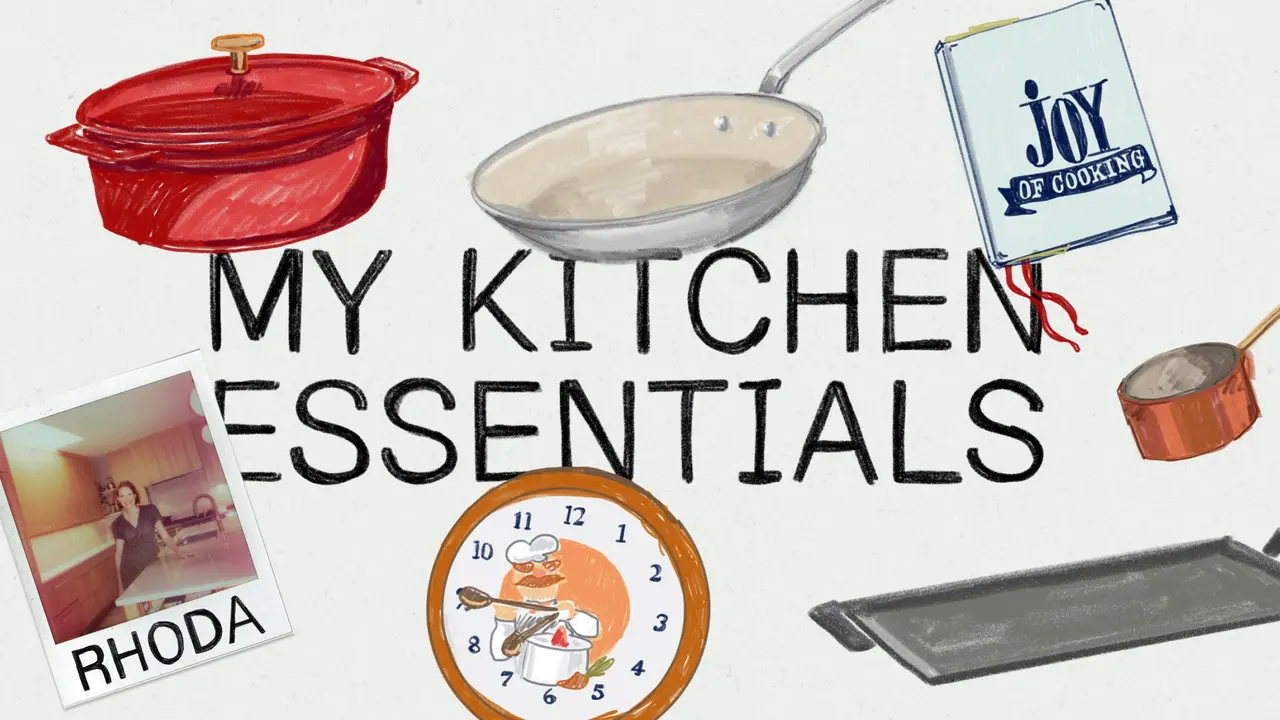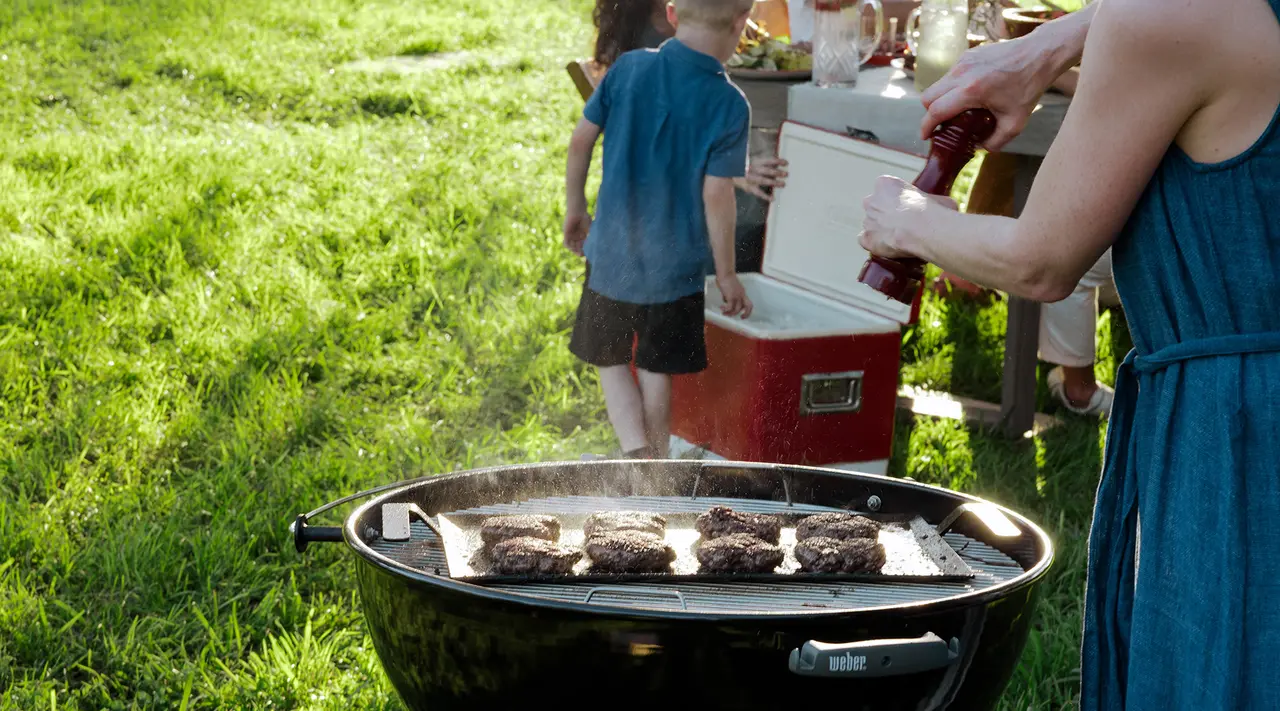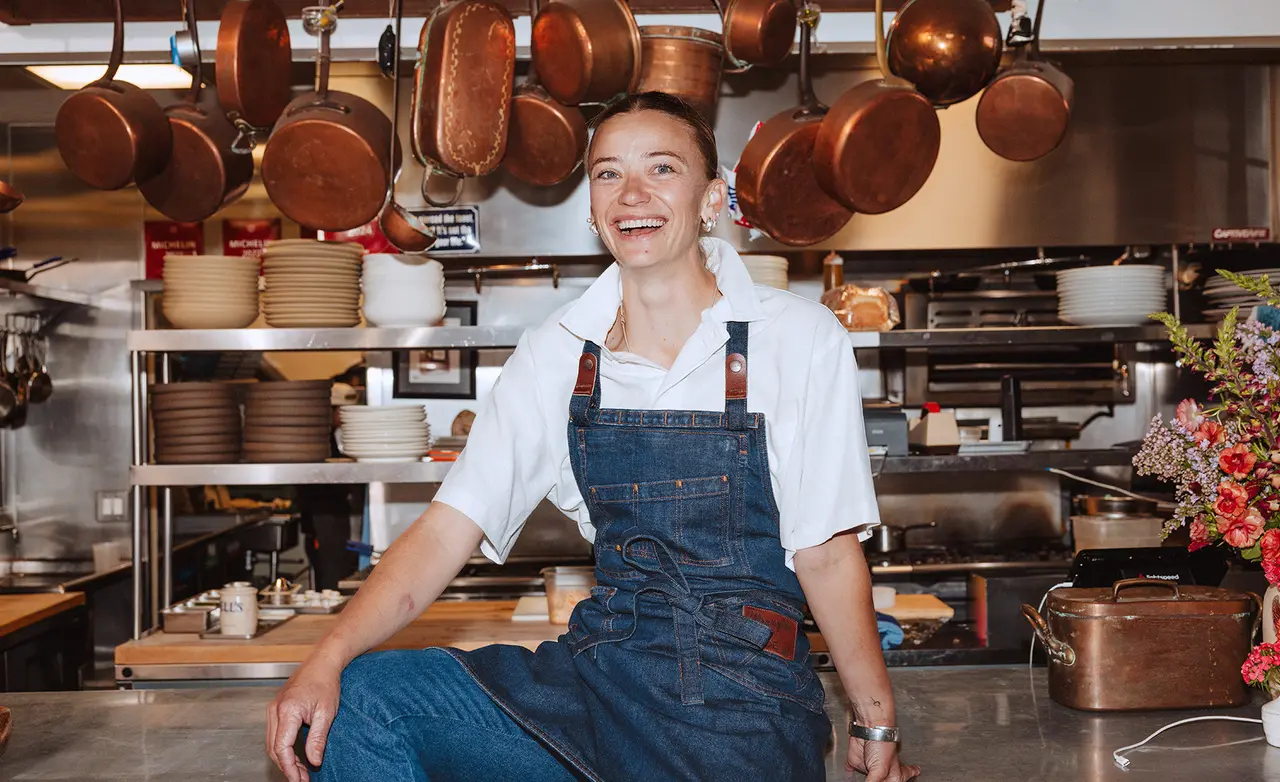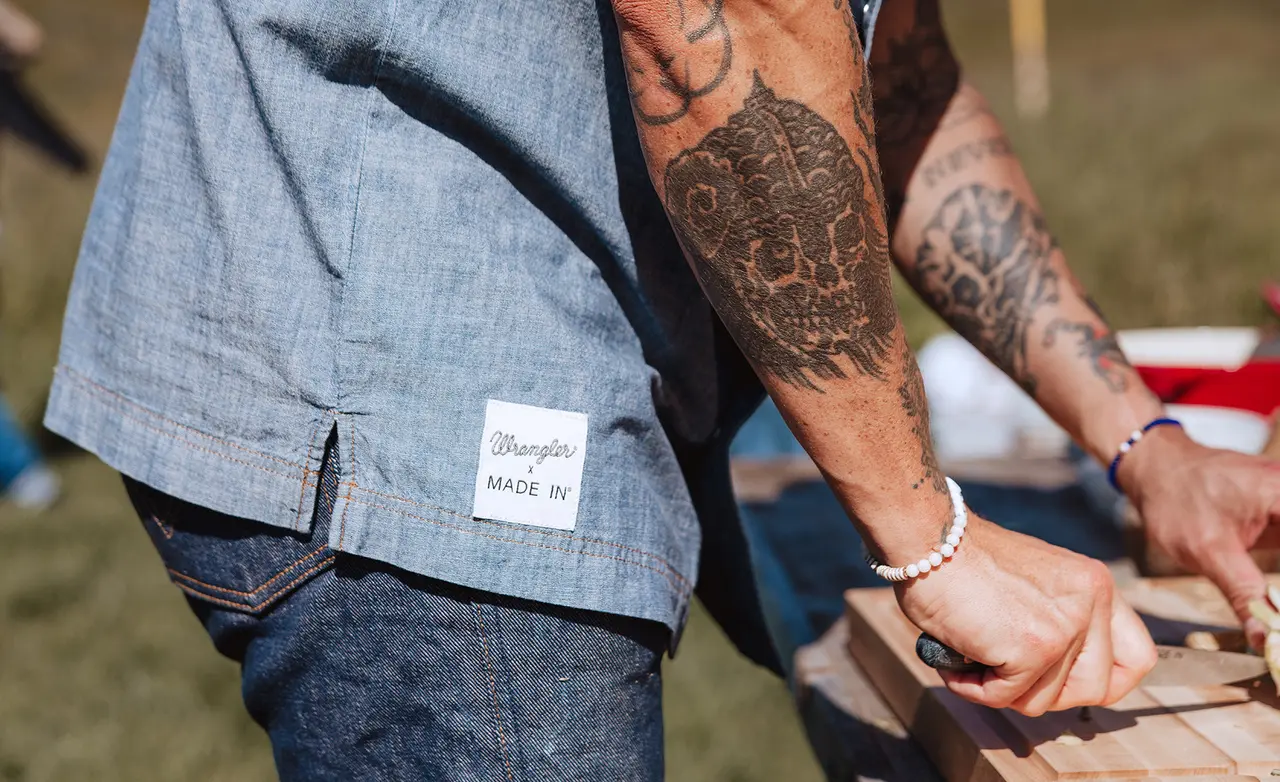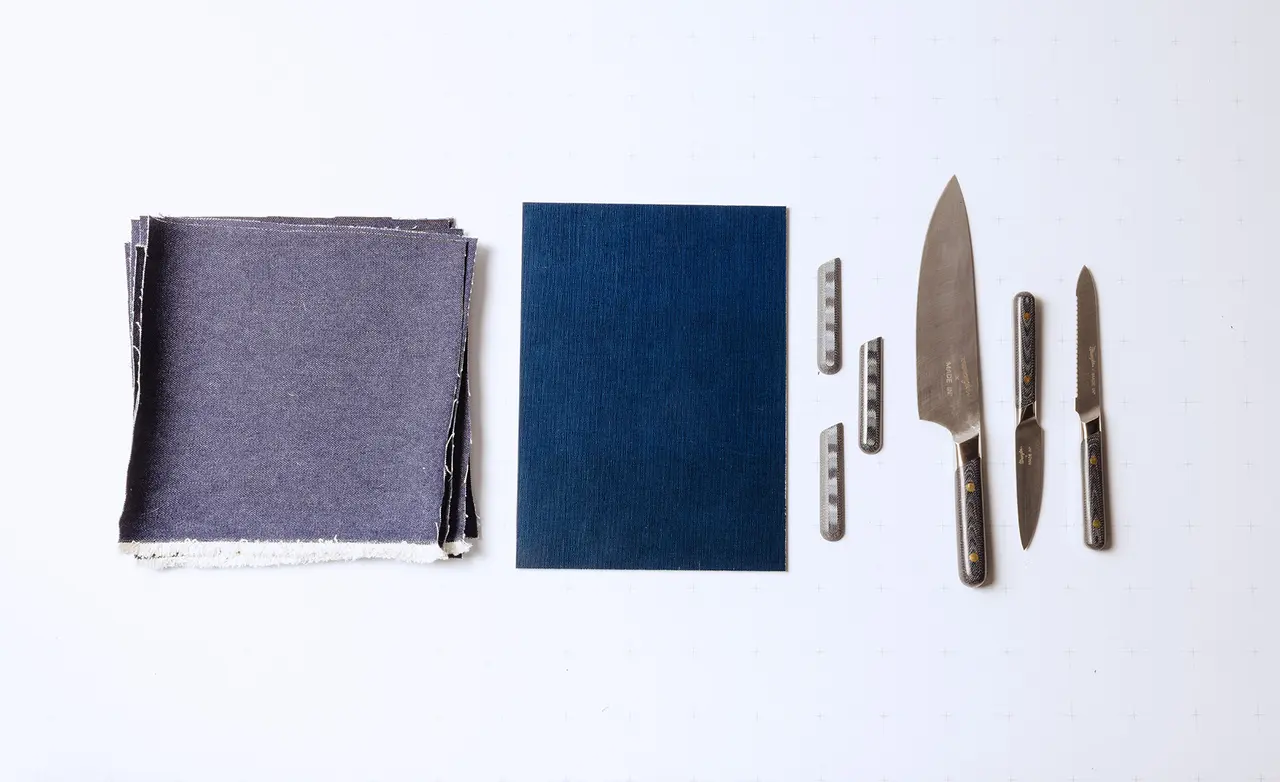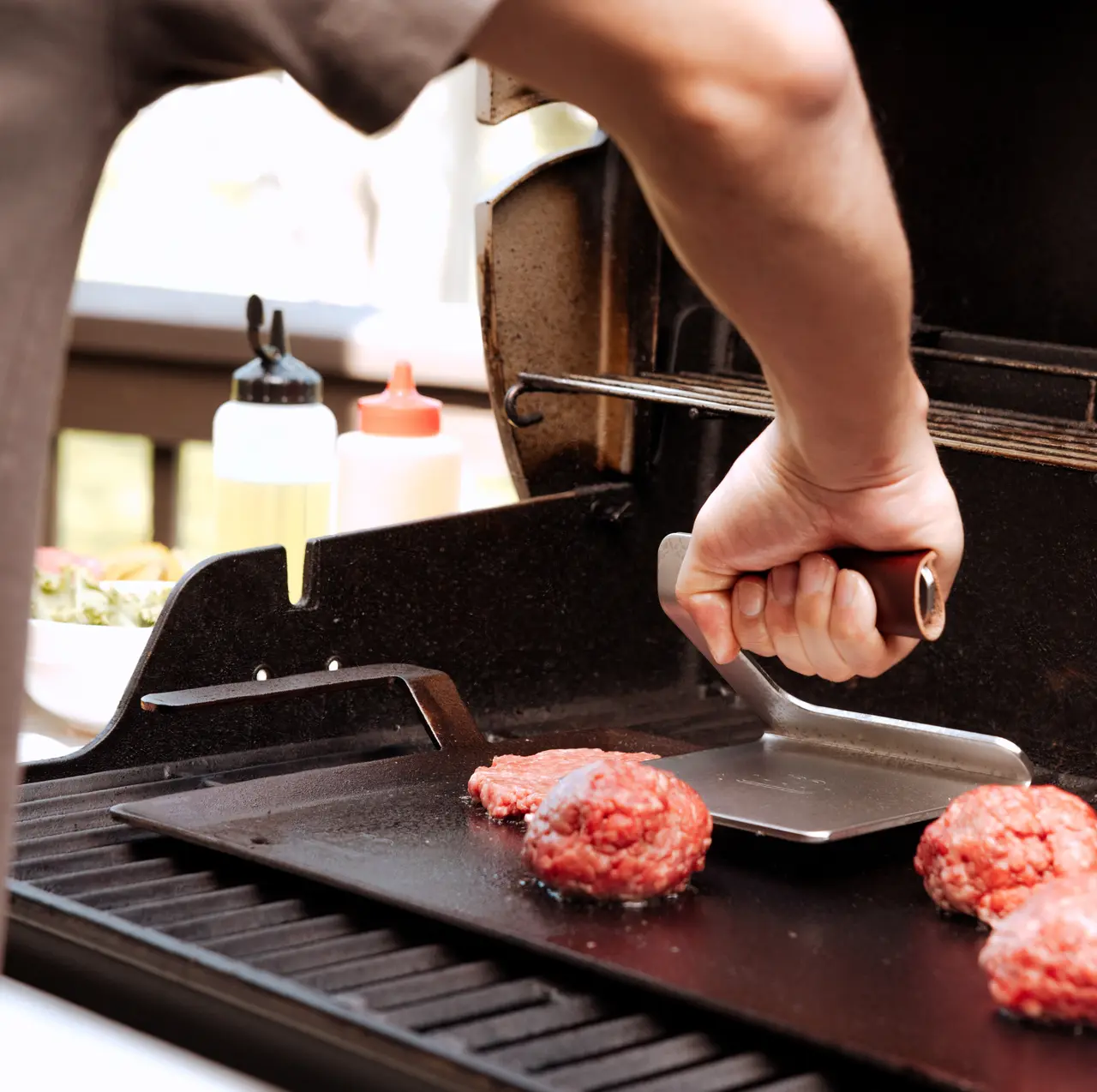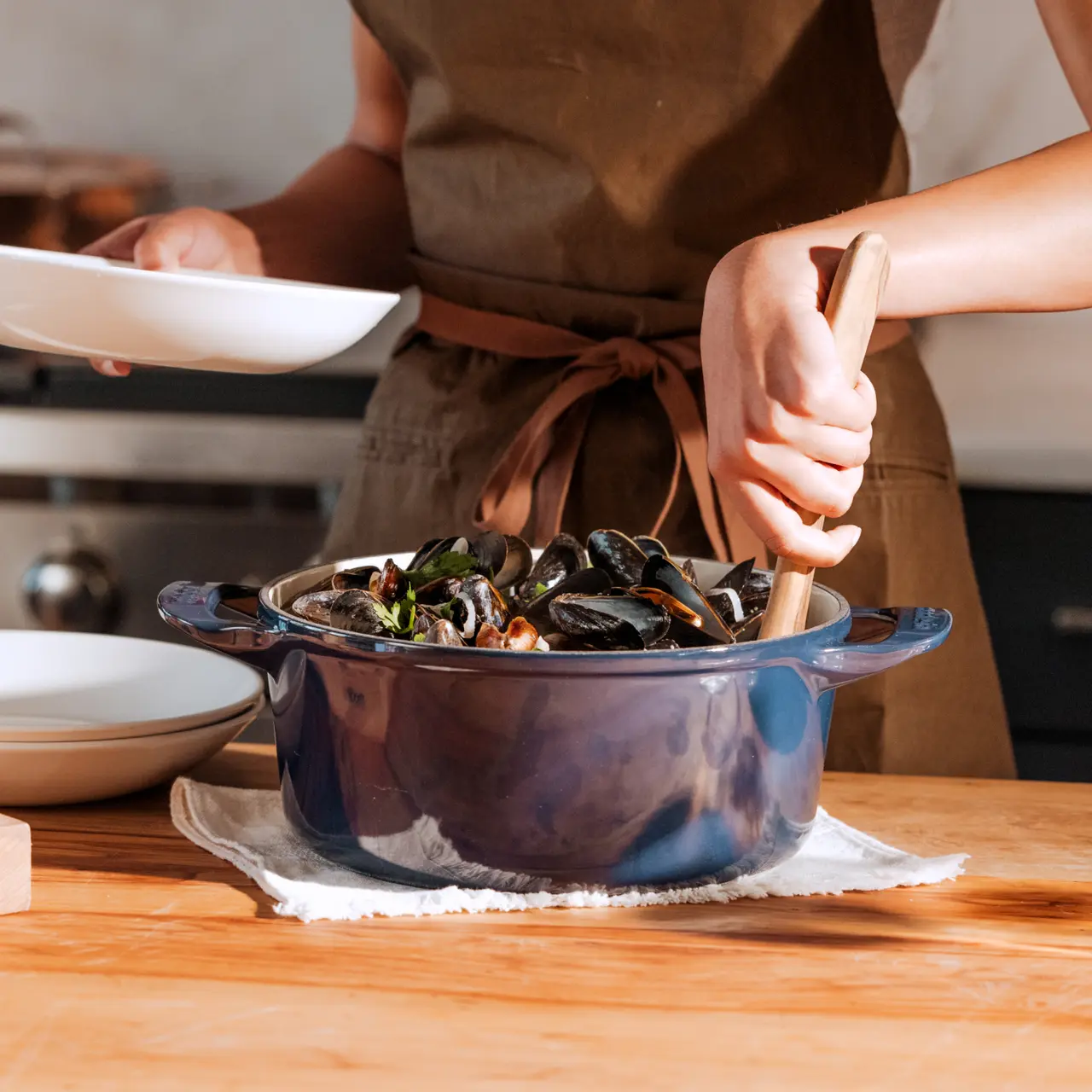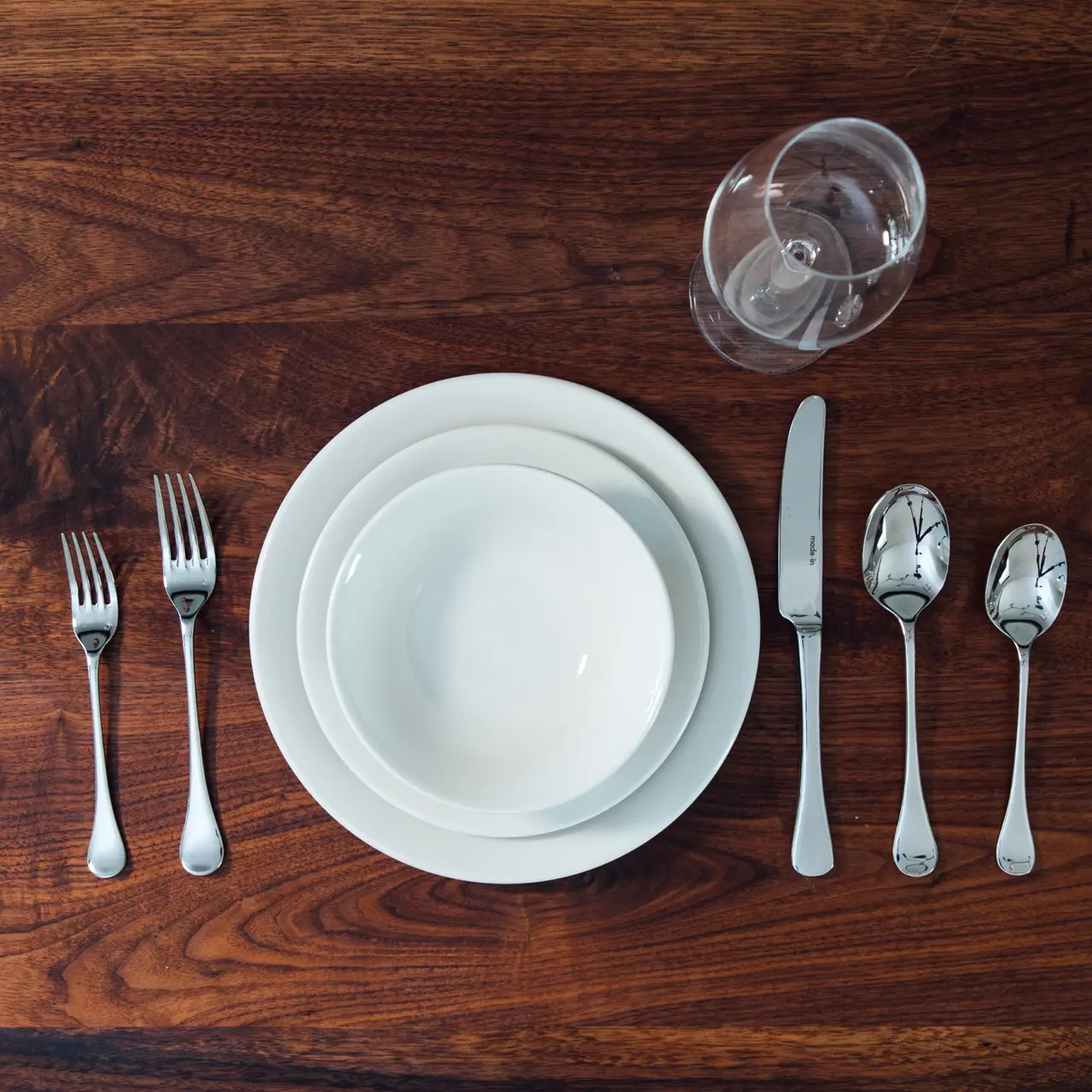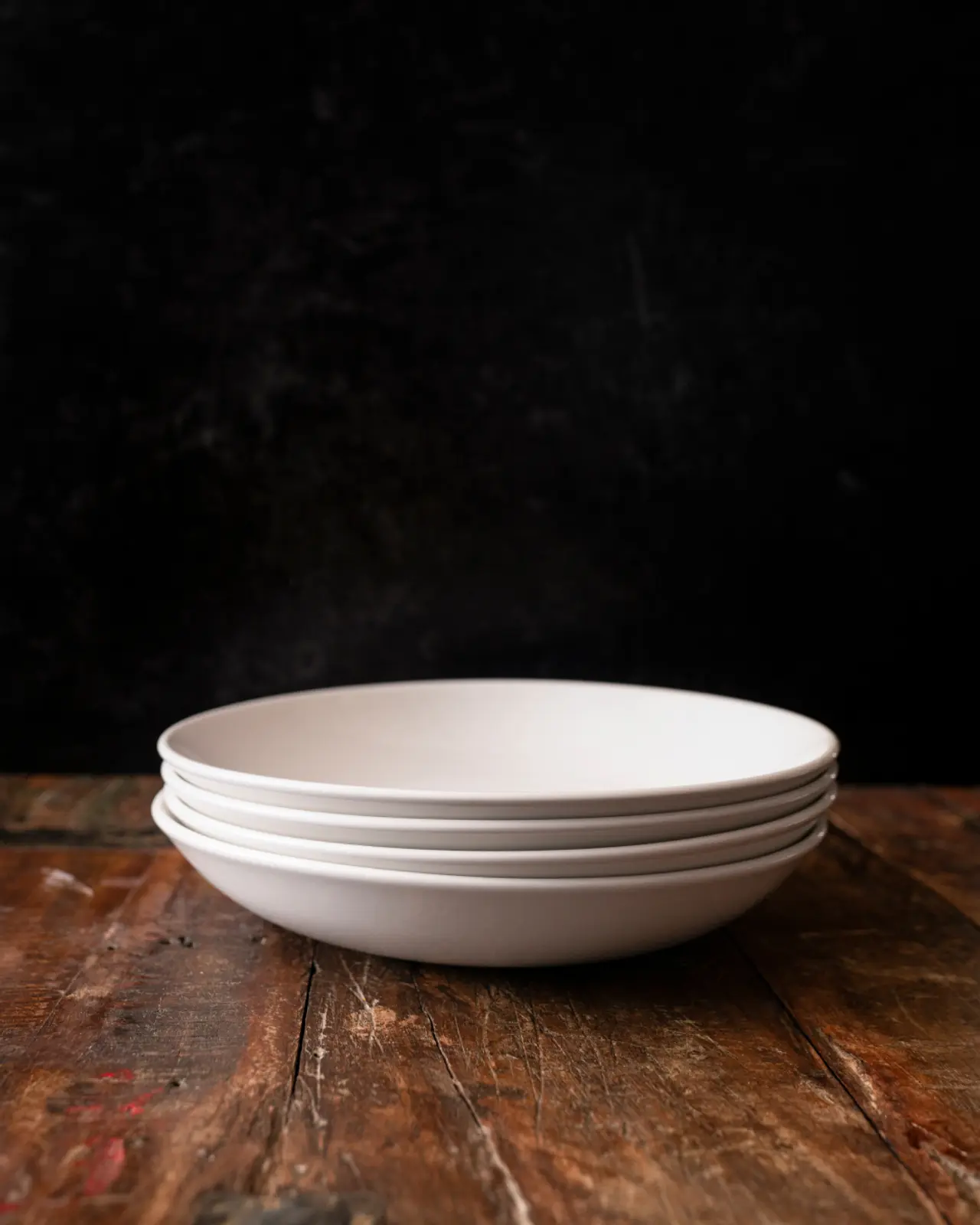(photo courtesy of @abrowntable)
While Nik Sharma may have dreamed of being a chef when he was young, he never thought it would actually happen. His family didn’t either. (His mother, who works in hospitality for hotels in India, said he didn’t have what it takes to be a hustler.) So he went into science, moving from Bombay to the US to study molecular genetics. But his passion eventually caught up with him and Nik traded his lab coat for a chef’s coat. He was nominated for a James Beard Award for photography, and is the author of the highly acclaimed cookbook, Season, not to mention his soon-to-be released cookbook, The Flavor Equation. On the side, he’s writing for numerous publications (like the SF Chronicle and Serious Eats) and managing his own blog, A Brown Table.
While I hate to contradict anyone’s mom, it’s clear to me that when it comes to hustling, Nik’s got it down. I sat down with him (virtually, of course) to discuss his cooking journey, his new book, and why we should all get a little more familiar with the science of food.
How did you get into cooking?
How I got where I am today was purely accidental. I started out in science and was working as a researcher at Georgetown Hospital. I did always love cooking, and at that point food blogs were coming into existence. With the encouragement of my friends, I started my food blog, A Brown Table.
Later, when I moved to California, I wanted to see if I had what it takes to do more than science. So I called a bunch of pastry shops in Santa Clara, and one of the owners called me back with an offer. I ended up quitting my job at a pharmaceutical company and working as a pastry cook for about a year. Then we moved to Oakland, which is where I started working as a food photographer for a startup and got to writing my column for SF Chronicle. Then I just kept going.
Was there a particular moment when you decided to switch careers?
It was never really an “aha” moment, but something that started to grow. I started enjoying what I was doing so much more than what I could do in a lab. Food really satisfied that empty space in my life.
What’s the most underrated ingredient when you’re cooking?
It’s something as simple as red pepper flakes. There are so many different varieties of red pepper flakes: urfa, aleppo. It’s so simple but there are so many different colors and tastes. We’re taught to appreciate the flavor profiles of wine, coffee, and tea. People need to do that for red pepper flakes, too.
What’s your go-to comfort food?
It’s going to sound so terrible. My comfort food is just fried eggs in a sandwich.
What’s the most gourmet thing you’ve ever given your cats to eat?
On their so-called birthdays, I give them high-quality raw filet mignon. It’s a special treat.
If you had a whole day free and zero budget, what would you cook?
My dream would be to make an ice cream cake with many different layers. I know it requires a lot of work and I’ve never done it, but I’d make at least four layers of cake: I would have a layer of passion fruit, lime, lemon, and I might do a smoked citrus of some kind. Then I’d top the whole thing off with passion fruit curd or citrus curd.
Anyone who follows you on Instagram knows that you’re really into your garden. What are you currently growing?
Right now I’m excited about my curry leaf plants. When I moved to LA from Oakland, I had to leave my curry plant behind. But my friends gave me two plants and I love them. The problem is that now I live in the hills and there’s a lot of wildlife. My curry leaf plant is getting the highest level of protection right now.
(photo courtesy of @abrowntable)
Who would be your dream sous chef, living or dead?
I would love to cook with Nigel Slater. I’d probably just want to talk with him and make anything from his book,The Christmas Chronicles. That book is so absorbing. It really puts me in the holiday mood.
You wrote a story for Serious Eats about how to sanitize your home during Covid. What’s one takeaway that you would share with people who are worried about germs in the kitchen?
I think the main thing I wanted people to see is that they have the tools to keep their kitchens clean. One of the most common and effective tools we have at home is soap. Soap breaks down the virus and is cheaply available for most of us. Use it and clean all of your surfaces, even ones you normally wouldn’t.
You get home late at night and you’re exhausted. What do you cook for yourself?
I don’t want to say eggs again. But there’s this dish I learned from Nigella Lawson: Turkish eggs. She poaches the eggs and puts them on whipped garlic greek yogurt. I always have eggs. I always have greek yogurt. Then I add whatever spices I want. It’s minimal effort.
Tell me about your new book The Flavor Equation?
The book is about flavor, but more specifically about aroma and taste, and how those different components affect a person’s perception about what flavor really is. It goes into the biochemistry of things. There’s a chapter on sight, sound, emotions; the texture and mouthfeel that food provides, and how they all interrelate. Through recipes and experiments, I get into what food really is to us.
I tried to be very approachable to people at different skill levels, and write for people who love science and for people who love to cook. Within the Taste chapter, I discuss sweet, sour, salty, bright, bitter, and umami. I also covered “fieriness” (that you’d find in peppers and chiles) and how the body’s pain response to fieriness pertains to food.
(photo courtesy of @abrowntable)
For the average cook, why should they care about the science of what they’re eating?
When I first started cooking and blogging, I used to make mistakes. And I realized that you need to know what’s happening so that you can learn how to fix them. One thing that happens a lot is that I rely pretty heavily on appliances, like a pressure cooker, for example. But what happens when you don’t have that appliance?
It’s important for me as a food writer to talk about the science of things from a practical standpoint. My goal is to give readers the knowledge of how to fix things that go wrong. It’s not myth or magic. It’s just being a smarter cook.
